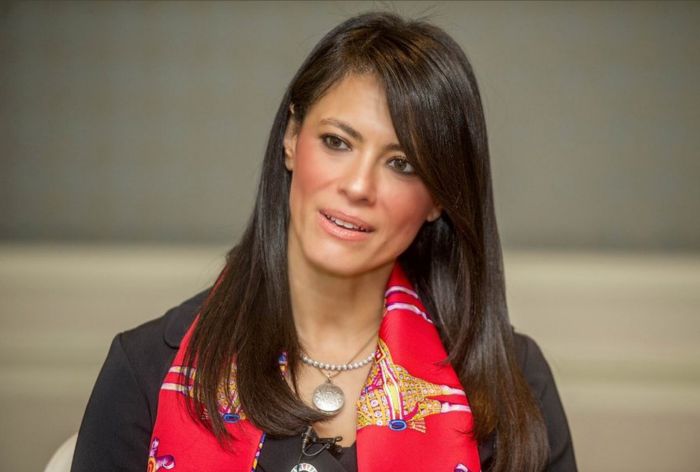(3 Minutes Read)
The report reveals that total development financing amounted to LE 9.6 billion, with the government sector securing LE 3.2 billion, including LE 1.8 billion in budget support and LE 300 million in grants. This reflects Egypt’s ongoing efforts to diversify funding sources and strengthen sustainable development pathways.
Egypt achieved a significant milestone in 2024, with development financing for the private sector reaching LE 4.2 billion—the highest level in five years—according to the Ministry of Planning, Economic Development, and International Cooperation’s Annual Report titled “Macroeconomic Stability, Structural Reforms, and Economic Diplomacy to Advance Sustainable Economic Development.”
The report reveals that total development financing amounted to LE 9.6 billion, with the government sector securing LE 3.2 billion, including LE 1.8 billion in budget support and LE 300 million in grants. This reflects Egypt’s ongoing efforts to diversify funding sources and strengthen sustainable development pathways.
Notably, for the first time, private sector financing outpaced government funding, marking a strategic shift in Egypt’s economic approach. Minister Rania Al-Mashat underscored the Ministry’s commitment to transparency and inclusivity, with the report serving as a vital tool for informing citizens and international development partners.
Egypt’s growing international footprint was also evident in 2024 through active participation in global platforms such as BRICS Plus, D-8, and G20 summits, along with diplomatic visits to the EU, World Bank, Japan, and Italy.
Read Also:
https://trendsnafrica.com/egypt-qatar-trade-increases/
The report outlines the Ministry’s leadership in implementing the National Structural Reform Program, with notable progress in critical sectors including industry, agriculture, ICT, labour, and technical education. The program aims to build a competitive, inclusive, and green economy.





